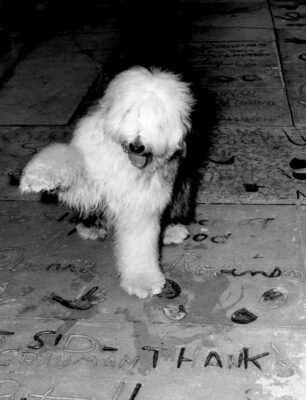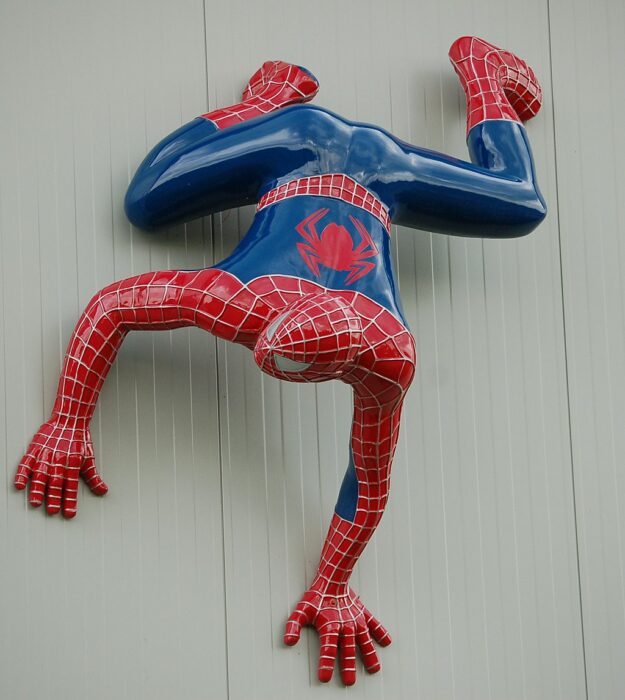Speculative Fiction Building Blocks
I’m sorry if the title of this article is misleading. I do not plan to discuss the elements that go into creating a piece of speculative fiction. Rather, I want to think about early examples of speculative fiction in our culture, largely because there have been various re-makes. Besides Star Wars, for instance, there is a thoroughly 2020 version of Wonder Woman (and I can’t help but wonder if she wears her mask all the way through the movie).
Remakes are only one aspect of this interest in early speculative fiction. More than one TV channel airs the “oldies,” and one station in particular replays a host of those early shows every Saturday. Shows like Buck Rogers, Lost In Space, Land Of The Giants, The Time Tunnel, Voyage To The Bottom Of The Sea, and others.
Some of these TV shows are to speculative TV like H. G. Wells novels were to speculative novels.
Since those early efforts, special effects, thanks to the digital age, have improved the quality of the speculative. Just as we saw with movies—say, King Kong—when the other-worldly can be depicted with an element of realism, the story becomes much more believable and . . . interesting.
Certainly we’ve seen a revival of the early fantasies of Tolkien and, in part, of Lewis. We’ve seen some effort to take Gene Rodenberry’s Star Trek TV concept to the big screen. We’ve seen speculative comic books become TV programs and movies. All because talking lions and space travel and Death Stars and men of steel from other planets all seem realistic because of the computer generated possibilities available today.
Without a doubt, this ability to make the speculative—what once existed only in a person’s imagination as he read the words of an author who created these worlds and creatures from his own imagination—has broadened the speculative audience. People like me who never read science fiction suddenly became fans of Star Wars and TV programs like StarGate SG-1 and the Star Trek series.
After the success of the first Lord of the Rings movie, TV rushed to embrace fantasy as well, particularly the “new” fantasy, made from Terry Brooks books and the like.
Perhaps the most successful, however, has been the development of comic book stories and characters into graphic novels, TV programs, and movies. How many remakes of Spiderman have there been? I’ve actually lost track.
 None of these developments would have been possible without those early efforts to bring speculative fiction to TV and film, including some “soft speculation” such as a movie like The Shaggy Dog (Disney, 1959).
None of these developments would have been possible without those early efforts to bring speculative fiction to TV and film, including some “soft speculation” such as a movie like The Shaggy Dog (Disney, 1959).
Honestly, I was not a fan of these early efforts because I found the imagination a much better tool for turning other worlds into realistic places and fantasy creatures into heroes and villains. But I have gained a much greater appreciation for them as I find these oldies re-aired.
For one thing, I’m impressed with the quality of the story telling. In many ways they are far more intriguing than the predictable “follow this formula” fare we have become accustomed to of late. They are far less transparent in their themes, and the acting is not bad. Only the special effects suffer in a comparison with newer works, in my opinion.
How about you? Have you seen any of the old shows or movies? Do you watch them because the special effects make you laugh, or do you like the stories? And of course, the most important question: which is your favorite?






























Classic speculative TV is a huge influence on my writing of Christian speculative fiction. I watched Star Trek TOS first run with my mom. Voyage to the Bottom of the Sea was another favorite when I was young. The Six Million Dollar Man was my favorite in middle school.
Looking more at books than TV or movies…
I remember the Tom Swift stories, which were a lot like reading The Hardy Boys but more sci-fi than mystery.
There were also The Three Investigators, which were mysteries that also sometimes had a spiritual or fake-spiritual element to them.
Oh, and Danny Dunn. Those books were fun, too. There was also Miss Pickerell, though I didn’t get as much into those stories.
What else? Tom Corbett, Space Cadet. Kinda like Tom Swift, but for a bit older readers. And Lucky Starr.
A lot of the old monster and horror movies have aged well, things like the original Dracula and Frankenstein, and Godzilla and King Kong. On the other hand, the sequels or later works based on those ideas have often been iffy, and some even goofy. But there’s also the intentionally comedic, such as the Abbott and Costello movies, which are pretty good.
Here’s a possibly interesting question: has it helped or hurt older movies that nowadays if people do watch them it’s because they are on shows like Svengoolie or MST3K?